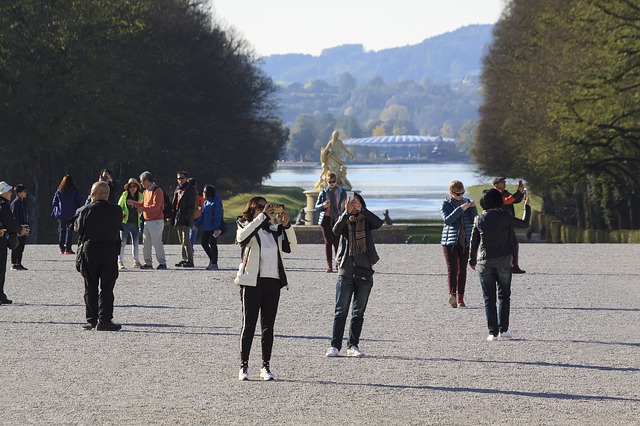The tourism sector is undergoing a major digital transformation. The web and social media have fundamentally changed the way companies do business and the way people connect with each other. It is not only a technological evolution but a social transition that operates through the web technologies. Traveling is one of the activities that we do in order to change our relationship to the world and discovering new perspectives. It is also one of the most important economic sectors : tourism represents 10% of world GDP.
Definitively, an inclusive approach to tourism in developing countries would encourage long-term growth while implementing environmental actions.
# 1 Content is no longer just the business of professionals
Users who create their own travel content are now the primary reference sources for travel information. Nearly 2.4 billion people use a smartphone in 2017, an increase of 10.8%.
1/3 of the world’s population has adopted mobile phone use which has significantly increased the amount and type of user-generated content, including in the tourism sector.
# 2 An immersive experience sharing
Many social media channels have been launched during the past decade, Instagram, Pinterest, SinaWeibo and Snapchat to name a few. These platforms have implemented features that allow users to include the name and geographic coordinates of their locations and the trips they make.
A major turning point in the sharing of experience, it is now in real time and can have immediate consequences on tourist destinations. 22% of travelers use the contents of their relatives to choose their future destination.
# 3 Information become real-time
According to “Think with Google”, 85% of travelers decide activities only after arriving at their destination. The democratization of the media has lowered costs and technical barriers in marketing and communication. This offers new opportunities for low-income countries or smaller players in tourism. They can develop their presence on the web, use new data sources and communicate directly with travelers
All these figures lead us to ask the following question: what tourism do we want for tomorrow?



